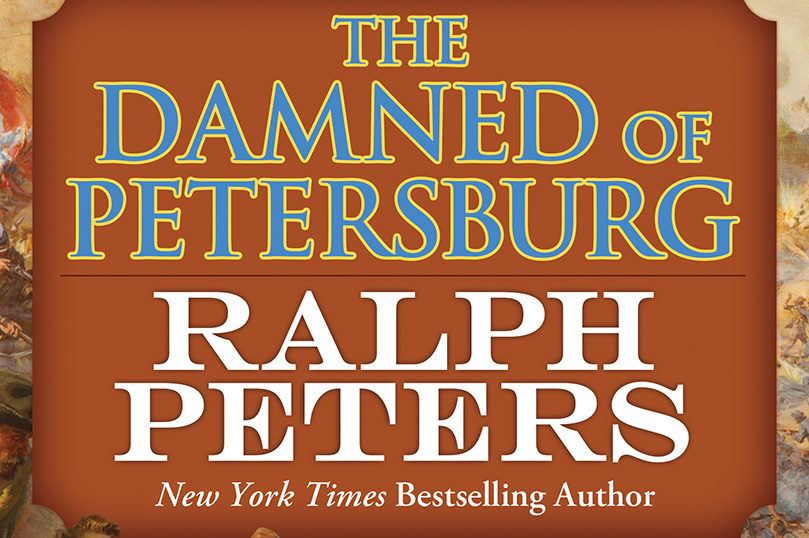
Sneak Peek: The Damned of Petersburg by Ralph Peters
GLORY TURNED GRIM… …and warfare changed forever. As Grant pinned Lee to Petersburg and Richmond, the Confederacy’s stubborn Army of Northern Virginia struggled against a relentless Union behemoth, with breathtaking valor and sacrifice on both sides. That confrontation in the bloody summer and autumn of 1864 shaped the nation that we know today. From the…

